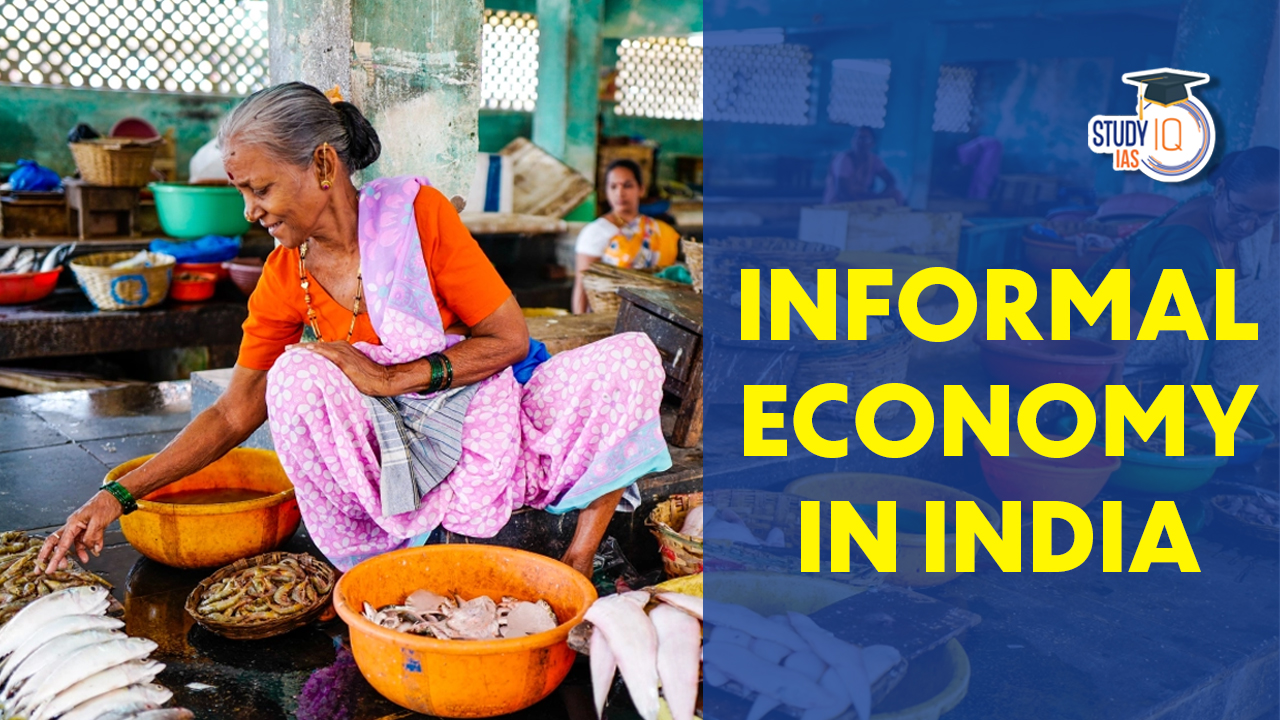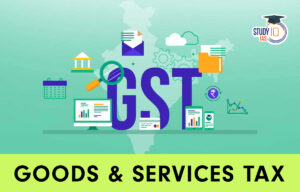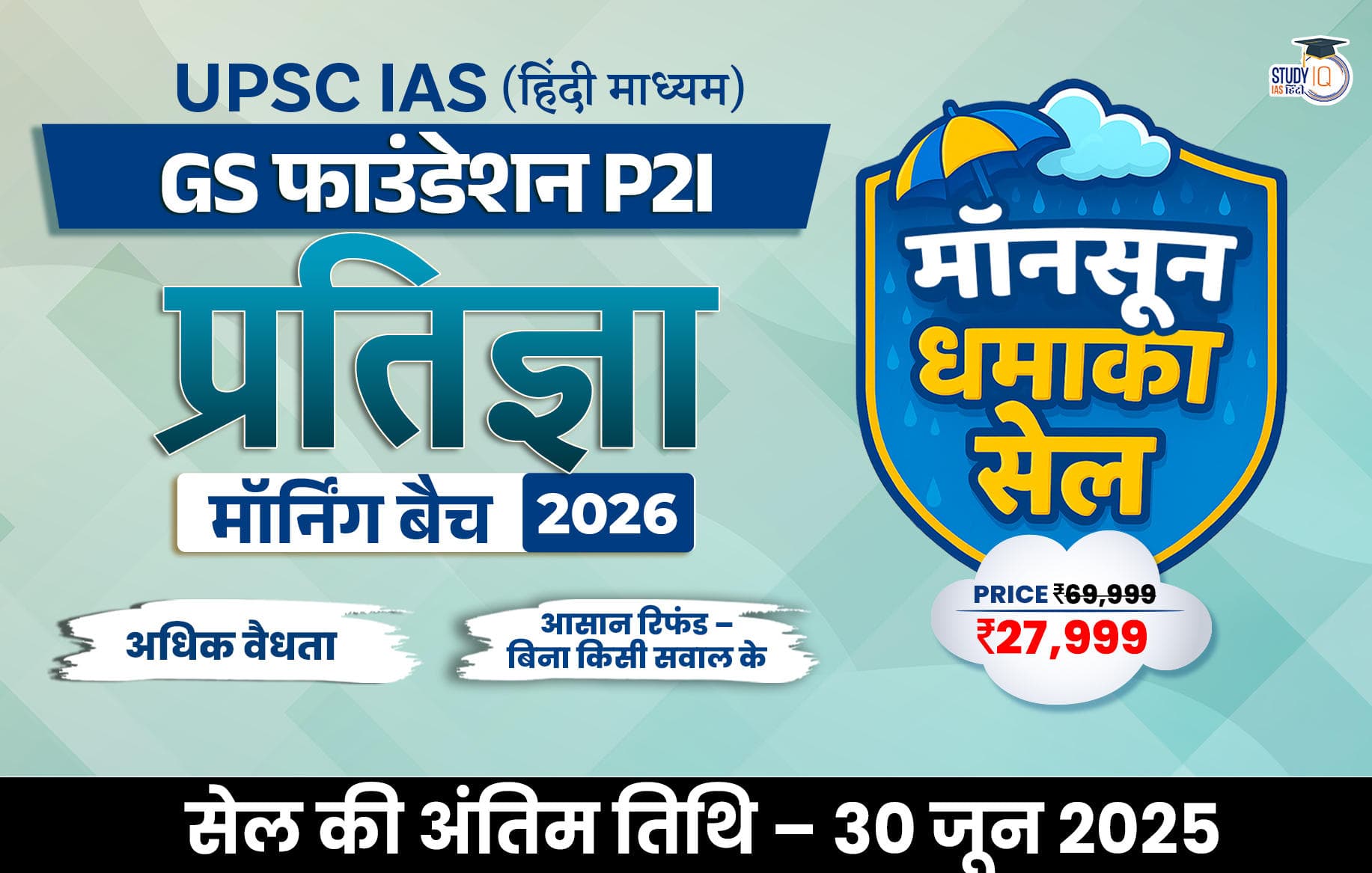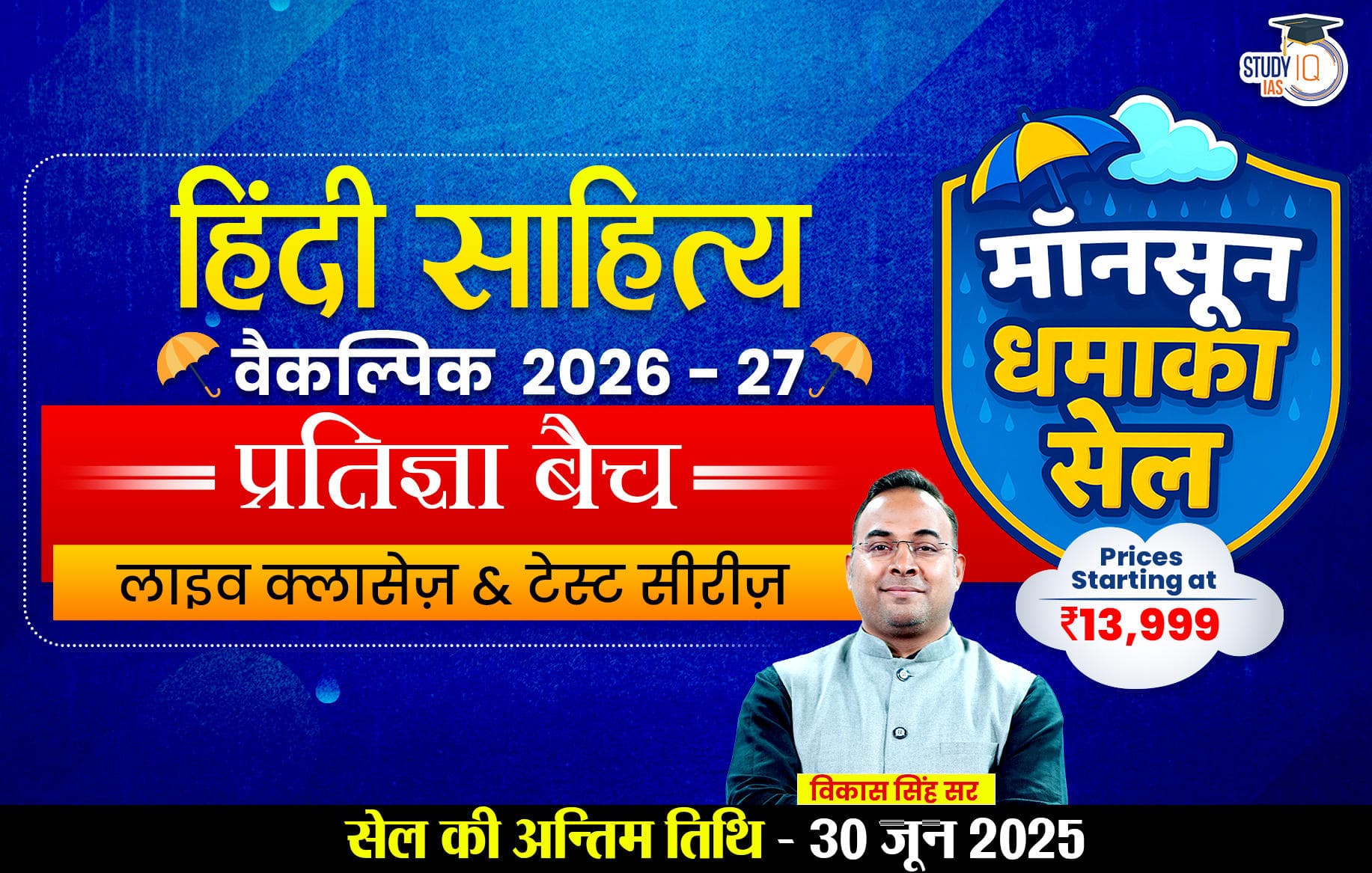Table of Contents
Informal Economy
The Informal Economy refers to economic activities that are not regulated or protected by formal institutions, such as government laws and regulations. It includes unregistered businesses, self-employment, and casual labour that operate outside the scope of official oversight and taxation. Informal economy workers often lack social protections, access to formal financial services, and legal rights associated with formal employment.
Also Read: Difference Between Organised and Unorganised Sector
Informal Economy in India
In India, the informal economy plays a significant role, employing around 80% of the labour force. Within this sector, approximately half of the workforce is engaged in agricultural activities, while the remaining individuals work in various non-agricultural sectors. The informal economy encompasses unregistered businesses, self-employment, and casual labour, often operating without formal regulations and protections.
Read about: Indian Financial System
Informal Economy in India Challenges
The informal economy in India faces several challenges, including:
Lack of Social Security
Workers in the informal sector often lack access to social security benefits such as health insurance, pensions, and unemployment benefits, leaving them vulnerable to financial hardships in times of illness, old age, or job loss.
Limited Legal Protection
Informal workers often face a lack of legal protection and employment rights, making them susceptible to exploitation, unfair wages, and unsafe working conditions.
Limited Access to Finance
Informal businesses and workers often struggle to access formal financial services such as loans, credit, and insurance due to their unregistered or undocumented nature, hindering their growth and development.
Informalization of Formal Jobs
Many individuals, despite working in the formal sector, experience informality due to contract labour, subcontracting, or precarious employment arrangements. This situation leads to reduced job security, insufficient benefits, and limited access to labour rights.
Skill Development and Upgradation
Informal workers often lack access to formal training and skill development programs, limiting their ability to acquire new skills and participate in sectors with higher productivity and better remuneration.
Productivity and Income Disparities
Informal sector workers typically face lower productivity levels and income disparities compared to their formal sector counterparts, contributing to income inequality within the economy.
Lack of Representation and Voice
Informal workers often lack collective bargaining power, representation, and platforms to voice their concerns and advocate for their rights and welfare.
Read about: Private Sector Banks
Government Initiatives to Address Challenges of Informal Economy in India
The Government of India has implemented several measures to address the challenges related to the informal economy. Some of the key initiatives include:
Pradhan Mantri Shram Yogi Maandhan (PMSYM)
This social security scheme aims to provide pension benefits to informal sector workers in the unorganized sector. It offers a voluntary and contributory pension scheme, ensuring financial security for workers in their old age.
Pradhan Mantri Mudra Yojana (PMMY)
Pradhan Mantri Mudra Yojana initiative provides access to formal financial services, including credit and loans, to small and micro-enterprises in the informal sector. It promotes entrepreneurship and facilitates the growth of informal businesses.
Skill India Mission
The Skill India initiative focuses on providing skill development training to individuals, including those in the informal sector. The program aims to enhance the employability and productivity of workers, enabling them to access better job opportunities and income.
Jan-Dhan Yojana
The Pradhan Mantri Jan Dhan Yojana aims to ensure financial inclusion by providing access to basic banking services such as bank accounts, insurance, and credit facilities to unbanked individuals, including those in the informal sector.
National Rural Livelihood Mission (NRLM)
NRLM aims to alleviate poverty and enhance livelihood opportunities in rural areas, including the informal sector. It provides financial assistance, skill development training, and access to credit and markets for rural entrepreneurs and self-help groups.
Ease of Doing Business Reforms
The government has implemented various reforms to simplify business registration processes, streamline compliance requirements, and reduce regulatory burdens. These initiatives facilitate the formalization of informal businesses and promote a more conducive environment for entrepreneurship.
Labour Reforms
Recent labour reforms aim to improve the welfare of workers, including those in the informal sector. These reforms focus on simplifying labour laws, ensuring minimum wages, expanding social security coverage, and enhancing the ease of compliance for businesses.
Read about: Public Sector Banks
Need to Formalize Indian Economy
Formalizing the Indian economy is indeed a crucial goal that can bring several benefits. Here are some reasons why formalization is important:
Increased Tax Revenue
Formalizing the economy helps expand the tax base, as more businesses and individuals come under the tax net. This leads to increased tax revenue, which can be utilized for public welfare and development programs.
Improved Governance and Regulation
Formalization ensures compliance with laws and regulations, leading to better governance and accountability. It helps in curbing illegal activities, promoting fair competition, and protecting the rights of workers.
Enhanced Access to Finance
Formal businesses have better access to formal financial services such as loans, credit, and insurance. This enables them to invest in expansion, upgrade technology, and create employment opportunities.
Boost to Economic Growth
Formalization leads to increased productivity, efficiency, and competitiveness. It promotes innovation, investment, and economic growth by providing a supportive environment for businesses to thrive.
Social Security and Welfare
Formal sector workers have access to social security benefits such as health insurance, pensions, and unemployment benefits, ensuring their well-being and protecting them during emergencies.
Data Availability and Policy Formulation
Formalization provides accurate data on economic activities, enabling policymakers to make informed decisions and design targeted policies for economic development and social welfare.
To encourage formalization, the government needs to simplify regulatory processes, reduce compliance burdens, provide incentives for formalization, enhance skill development programs, and create an enabling business environment. Additionally, raising awareness among stakeholders about the benefits of formalization is crucial to driving the transition towards a formalized Indian economy.
Read about: Types of Banks in India
Informal Economy in India UPSC
Understanding the topic of the informal economy in India is crucial for UPSC (Union Public Service Commission) aspirants as it aligns with the UPSC Syllabus, specifically the sections related to the Indian economy, labour issues, and social welfare schemes. Knowledge of the informal economy and its challenges, along with measures taken by the government to address them, demonstrates an understanding of key economic and social issues in India. Additionally, preparing through UPSC Online Coaching and UPSC Mock Test can aid aspirants in gaining in-depth knowledge, conceptual clarity, and the ability to analyze and evaluate policies related to the informal economy, which are important for scoring well in the examination.
Read about: Payment banks


 Goods and Services Tax (GST), Objectives...
Goods and Services Tax (GST), Objectives...
 World Oceans Day 2025, History, Theme, S...
World Oceans Day 2025, History, Theme, S...
 World Environment Day 2025, Theme, Histo...
World Environment Day 2025, Theme, Histo...





















